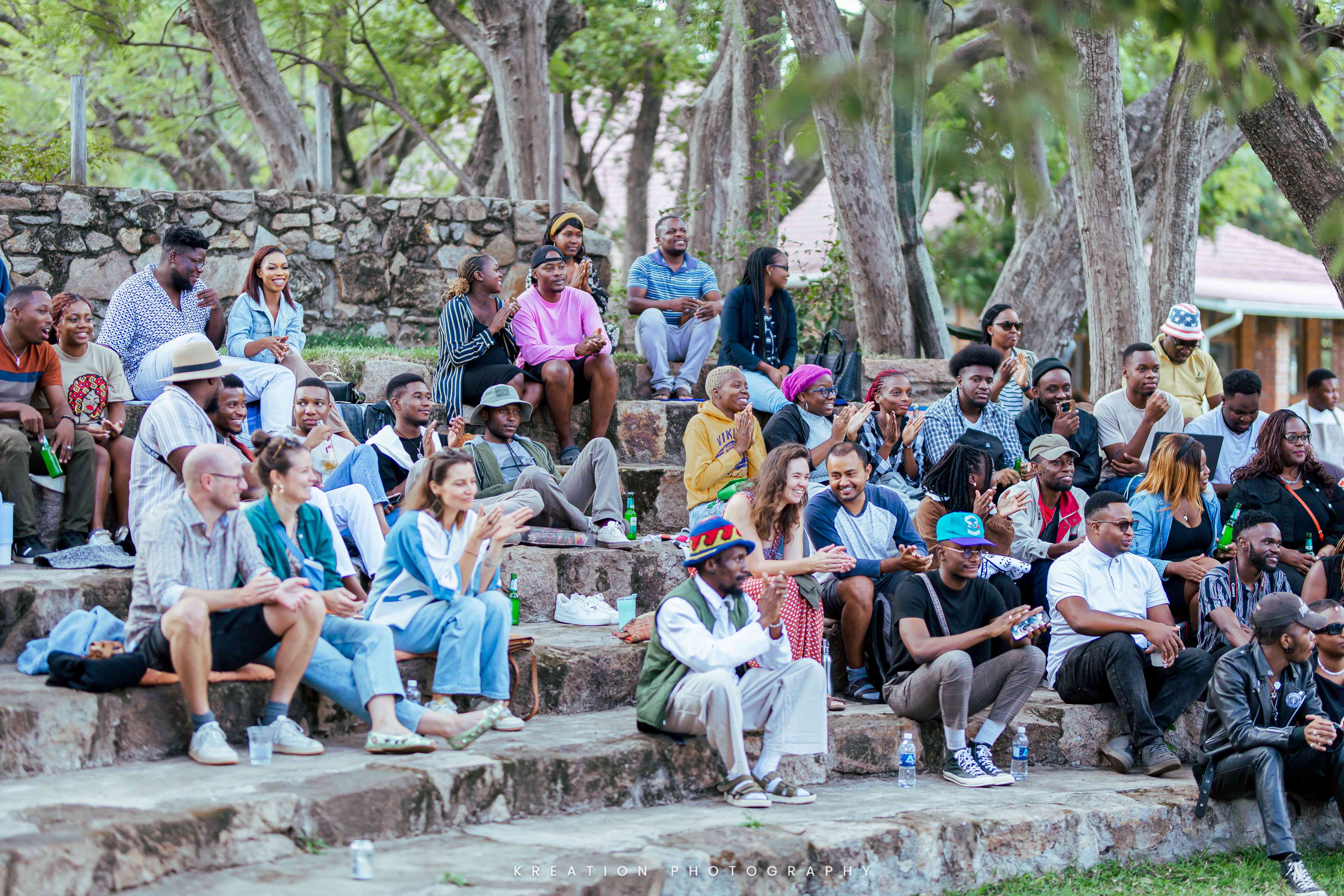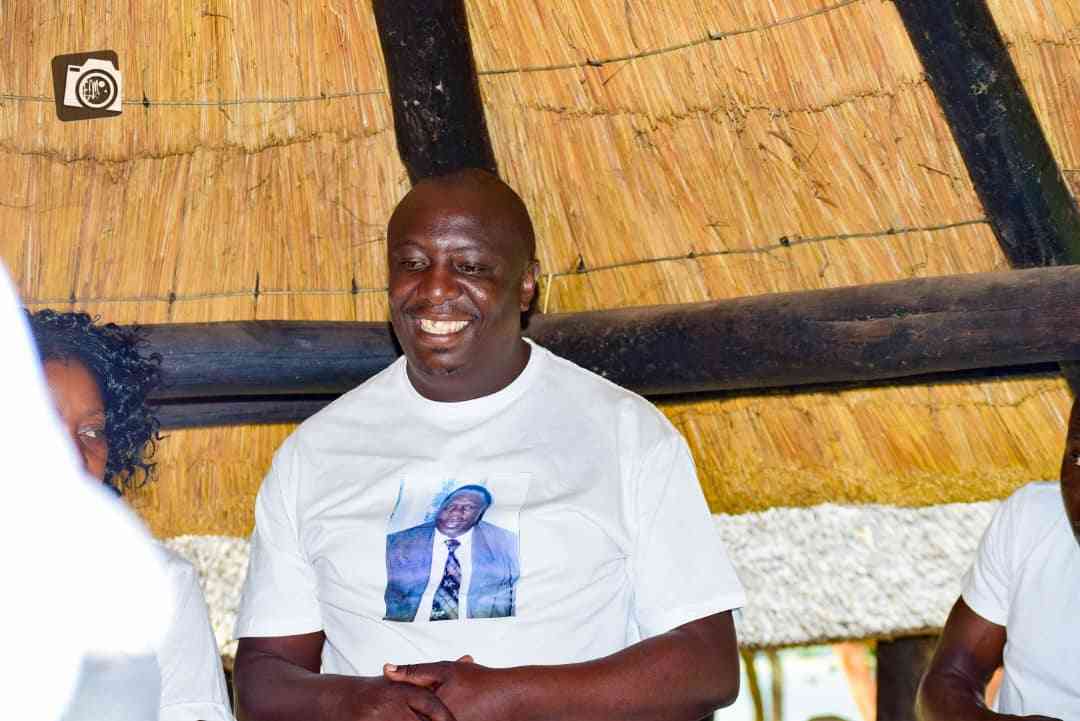
BY MOSES MUGUGUNYEKI
Before the turn of the new millennium, the two districts – Bulilima and Mangwe – in Matabeleland South province operated under one administrative unit, Bulilimamangwe Rural District Council.
The district was too large to administer, making it one of the least developed in the country due to its sluggish growth.
In a move meant to decentralise Bulilimamangwe’s administration, government created two local authorities – Bulilima and Mangwe – with the railway line that passes through Plumtree town from Bulawayo to Botswana being the boundary.
With 22 wards under Bulilima and 17 under Mangwe, there was optimism within the local governance fraternity as the move was anticipated to bring transformation in this part of the country, which borders with Botswana.
Two decades down the line, the two districts yearn for development, despite being endowed with natural resources.
Mangwe, which covers 545 937 hectares, is richly endowed with natural resources that include land, forest, water, wildlife and minerals, among others.
At the inception of the district, it was envisaged that through exploitation of the natural resources, massive opportunities would be created to generate revenue and leverage on development.
- Chamisa under fire over US$120K donation
- Mavhunga puts DeMbare into Chibuku quarterfinals
- Pension funds bet on Cabora Bassa oilfields
- Councils defy govt fire tender directive
Keep Reading
However, villagers in the district feel development has been stagnant, forcing some of them to cross borders to start new lives in either Botswana or South Africa.
“We have a number of people who have relocated and are living in Botswana because they think life that side is better,” said Owen Nyathi, a villager in Mphoengs.
Nyathi, who works as a builder in Plumtree town, said poor infrastructure was the reason why some rural folk have moved to Botswana.
“People cross into Botswana on daily basis to seek greener pastures, but lack of proper infrastructure in rural areas here in Mangwe is the reason why people cross into Botswana or South Africa,” he said.
“It’s fortunate I am getting jobs here in Plumtree town, if I had nothing to do I would have long gone to Botswana.
“When I want to pay a visit to my home area, you will find that there are transport challenges because the roads are bad.”
Benjamin Ndlovu, Mangwe Rural District Council councillor for ward 2, bemoaned poor sate of infrastructure in the area.
“The biggest challenge that we have here is poor infrastructure, especially in schools,” Ndlovu said.
“The few schools that we have don’t have proper facilities that enable them to attract qualified teachers.
“Access to safe water has been the biggest challenge for us over the years, as some schools struggled to retain qualified personnel.
“However, I have noted that some of our schools have had some boreholes drilled by the donor community working with the government, but it’s still a long way to go.”
Ndlovu said as community leaders they were pushing for the construction of classroom blocks and teachers’ cottages at a number of schools in the area.
“We have approached the authorities so that we improve the facilities at our schools.
“We want to build more teachers’ cottages here at Vaka [Primary School] and add other classroom blocks,” he said.
Ndlovu conceded that development in the area was being done at a snail-pace, something that has caused some families to migrate to neighbouring countries.
According to Primary and Secondary Education ministry data, Mangwe district has 45 primary schools and 15 secondary schools.
The Zimbabwe School Examinations Council 2020 Grade 7 results showed that the 10 worst schools (0% pass rate) were in Matabeleland region of which Mangwe district is part of.
“If we get better facilities that help retain teachers, we can improve the learners’ performances,” said Vaka Primary School head Abigail Chateuka.
“We only have five teachers, but we can’t have more because of our poor infrastructure.
“Parents are doing their best, but it’s not enough to develop the school.”
Villagers in Kwite in Empandeni ward said for years they have been forced to travel long distances for medical services.
“We have a serious problem when it comes to the issue of accessing health services,” said Kwite village head, Mendo Sibanda.
“The nearest health facility is at Empandeni, about 12km away, and the distance can be longer, if it rains because we use an elongated route because there is no bridge at Kwite River.
“The situation affects expecting mothers and the elderly. We have engaged the authorities to at least build a clinic in the area.”
Given the fact that there is a high prevalence of bilharzia [schistosomiasis] in the area as a result of Kwite dam whose water is infested by parasitic worms, villagers feel there is need to have a health facility in the area.
“We have had numerous outbreaks of bilharzia here because our dam has worms that cause bilharzia,” said Charles Ndlovu, a local villager.
“We have raised that issue with those at the top to address because we have these issues of children urinating blood.
“We are happy that we have a new water scheme that refrains children from going to the dam, but children as children, they will always visit the dam.”
Ndlovu lamented poor road connectivity in the area saying Kwite was cut off from Empandeni and other places because there is no bridge on Kwite River.
“There is need to urgently build a bridge on Kwite River,” he said.
“When it rains we can’t cross to other places like Empandeni where there are clinics and other service providers.”
According to government data, Mangwe district has 13 health facilities, three hospitals and 10 clinics against a population of approximately 80 000 people.
At some point, government threatened to close Marula Clinic in ward 10, a sad development that could have affected close to 5 000 households drawn from communities in Mangwe, Bulilima and Matobo districts.
“The clinic’s ablution facilities were obsolete and the Blair toilets had been filled up rendering sanitation amenities at the health centre,” said ward 10 councillor Ngonidzashe Chemhuru.
“The situation was worsened by the fact that the major source of water, Goodluck Dam, was washed away and the whole community of Marula is facing water shortages.
“We are hoping Zinwa [Zimbabwe National Water Authority] will urgently repair the dam and supplies restored at critical facilities like Marula clinic.”
Mangwe Rural District Council chairperson Sindisiwe Nhleya conceded that the local authority was facing a lot of challenges something that is retarding development in the area.
“The major challenges that we face in Mangwe include water and infrastructure problems as well as challenges emanating from the mining activities being done in areas under the council’s jurisdiction,” said Nhleya.
“So far we have received the devolution funds, but they are too little to channel towards all our developmental projects that we had planned for across the district.
“Last year we had budgeted about $32 million dollars, but we only received $4,5 million, then the variance we don’t know what happened to it and what will happen.”
Nhleya said Mangwe Rural District was using the devolution funds to develop communities in the district.
Council CEO Bongani Ngwenya said the local authority relied too much on revenues collected through taxes and levies.
“As a local authority, we are the third tier of government and we are mandated by the constitution to provide service delivery and to do this we have to collect revenue from the communities that is through taxes, various forms of levies and licences,” Ngwenya said.
“However, our major challenge in the provision of service delivery is the unavailability of funding; people pay, but they don’t pay to the levels that we expect them to do.”
Ngwenya said most developmental projects in the district were being driven by devolution funds.
“We are happy that government through the Intergovernmental Fiscal Transfers, popularly known as the devolution funds has given us funds over the years since 2019 and we have managed to build schools, clinics and doing roads,” he said.
“We are pleased with what the government is doing through the devolution funds.”
Ngwenya said the district presents a lot of opportunities for those who would want to invest wildlife safaris.
“Mangwe has three concession areas that have become home to some of the world’s Big 5 animals that benefit the communities in the national parks quota allocations annually,” he said.
“Safari operators must see the opportunity of doing business with Mangwe district.”










